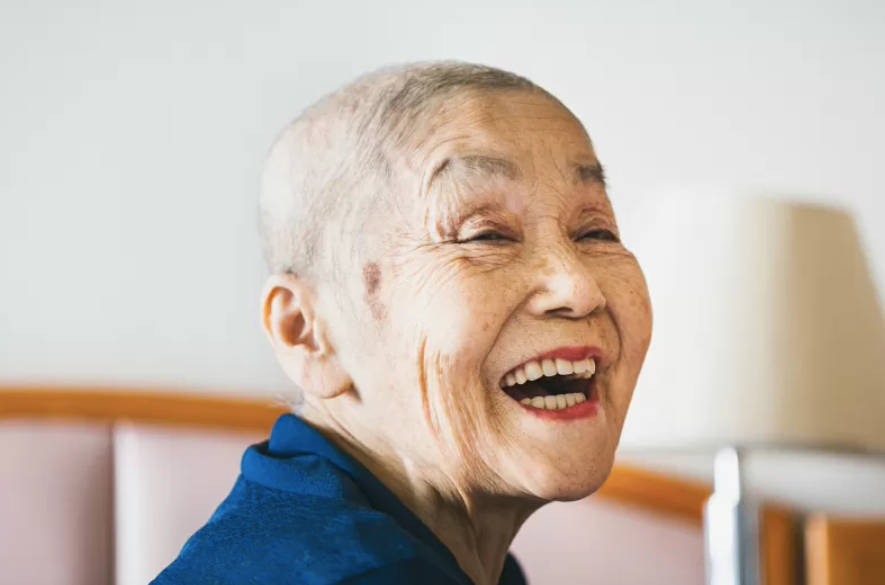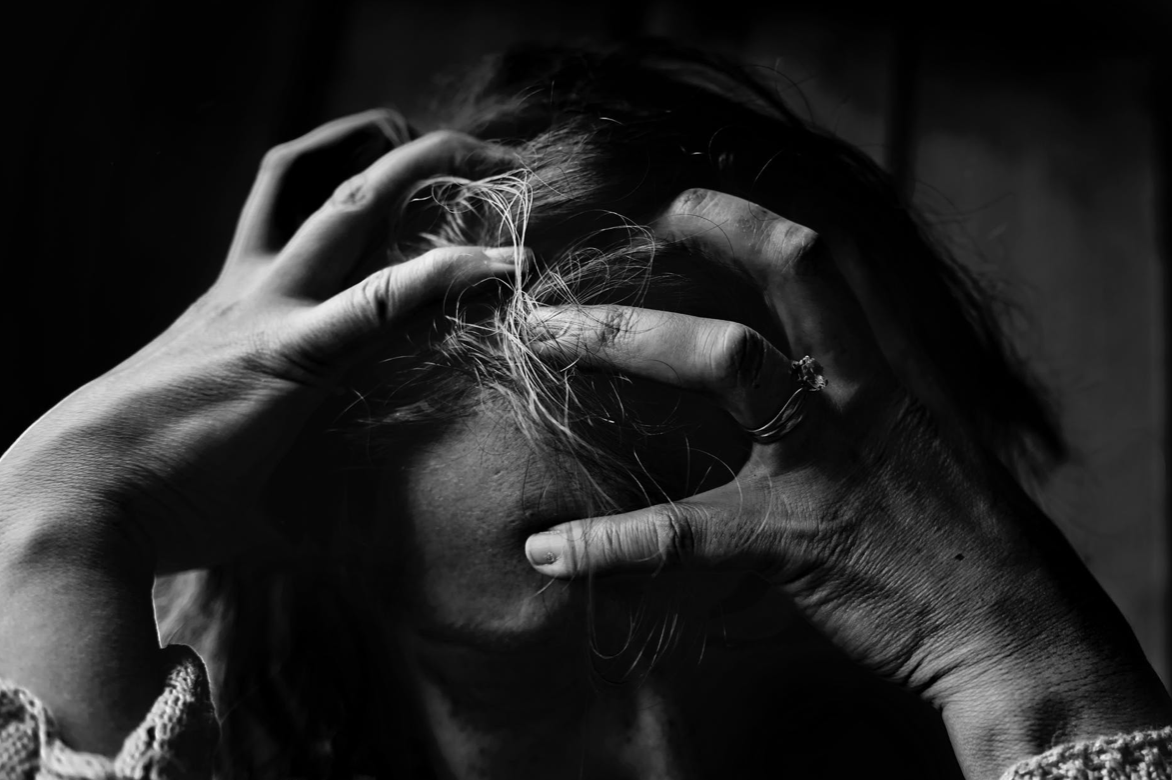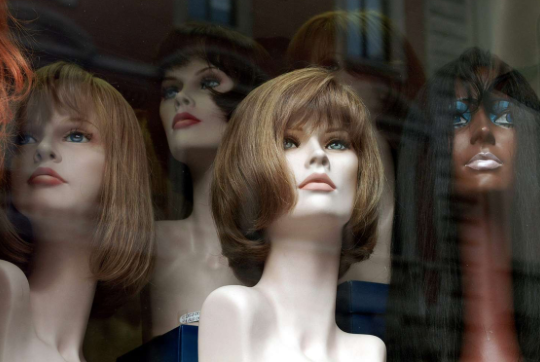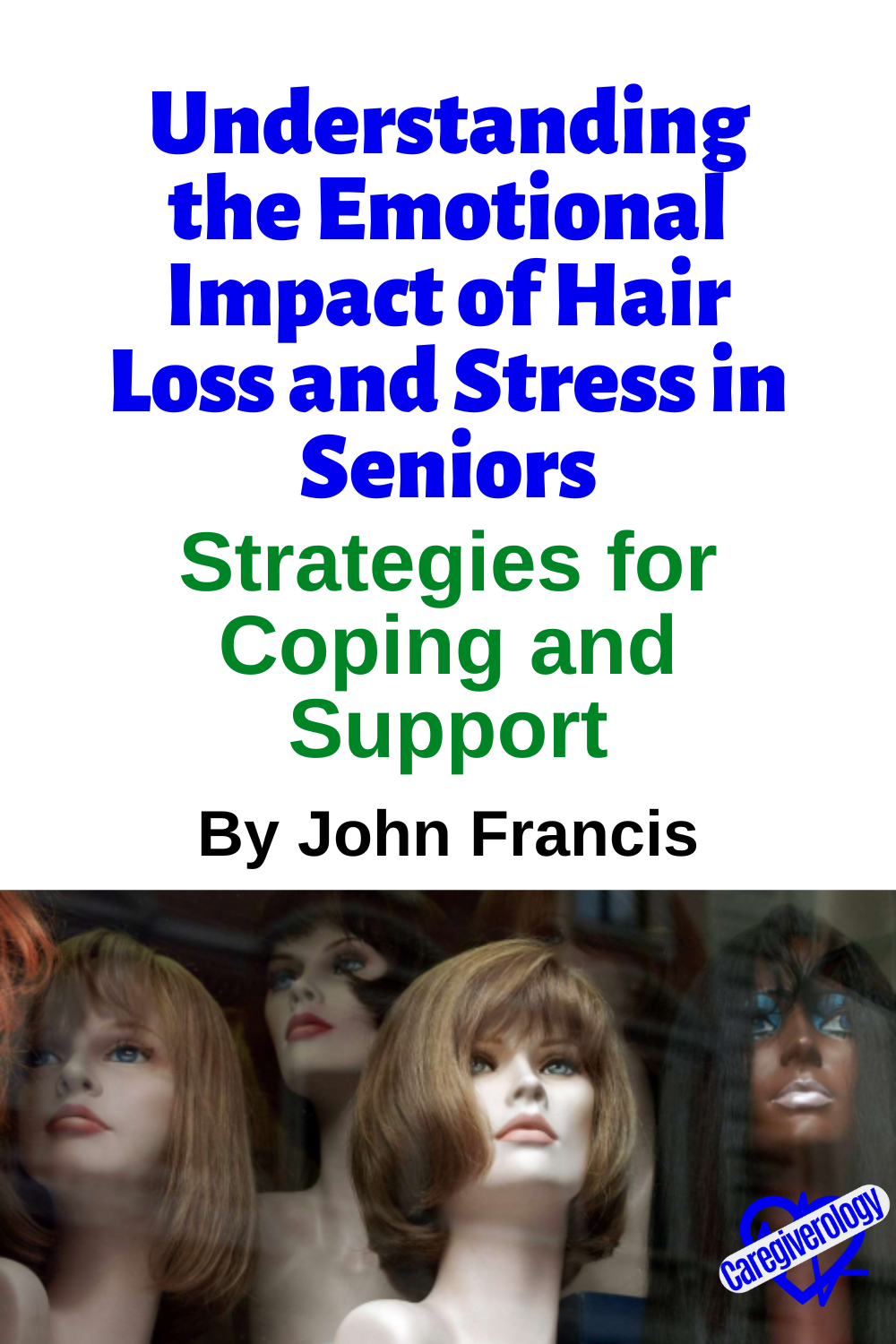Understanding the Emotional Impact of Hair Loss and Stress in Seniors: Strategies for Coping and Support

As we age, we start noticing several changes in our hair, which often progresses to noticeable hair loss and balding by the time we reach our mid-thirties. While some of us may view hair loss as a natural consequence of aging, for some, it leads to significant emotional distress.
With several health issues that occur with growing age, hair loss can pose a considerable challenge for older individuals. Sometimes the emotions brought on by hair loss become so intense for a person that it begins to interfere with many aspects of their everyday lives.
This article delves into the emotional impact of hair loss and offers strategies to cope with its effects.
Emotional Impact that occurs due to Hair Loss
Self Esteem and Aging Concern
Hair serves as a significant aspect of body image for many individuals, some people admire them by coloring them into funky shades, some of them love curling their hair and flaunt them with different hairstyles. These personal choices reflect self-acceptance, contributing to feelings of confidence and positivity. However, old as well as young people are increasingly suffering with conditions like Androgenetic Alopecia (AGA) and Pattern Hair Loss (PHL).
No wonder losing hair with age can lead to stress and trigger several emotions in a human. Regardless of gender, experiencing hair loss may lead individuals to feel unattractive or less desirable, ultimately affecting their self-esteem.
As people age, several health issues serve as reminders that their bodies are slowly aging with time. Hair loss, in particular, acts as a visible symptom of aging whenever people look at themselves in the mirror which often prompts feelings of stress and apprehension.
Social Phobia and Isolation
Hair is one of the major factors in how people perceive their own appearance and how they are being perceived by other people as they consider hair an important factor for their vital appearance and youthfulness.
Hair loss may become less engaged, feeling insecure and self-conscious about their appearance, leading to low self-esteem and discomfort in social situations. This insecurity becomes apparent through their body language, such as avoiding eye contact.
As a result, aged people start limiting their social gatherings, interactions and avoid social activities. This gets even more worse by the inundation of advertisements for hair cosmetics and treatments on social media.
Mental Health Disorders

The emotions triggered due to hair loss and baldness sometimes get so overwhelming for people that it starts to affect their mental health and leads to psychological distress. Symptoms like depression, anger, anxiety, and stress can clearly be seen in them.
However, hair loss caused by Telogen Effluvium and Androgenetic Alopecia (AGA) provokes these symptoms that are more likely to be faced by women as compared to men with age. A study shows that around 75% of women face hair loss due to Androgenetic Alopecia (AGA) by the time they are 60-65 years old.
For a woman, her hair holds significant importance as it symbolizes pride, confidence, and feminine beauty. Haunt & McHale’s research proves that approximately 60 % of women, going through hair loss, face career and social life related issues , whereas 40% of them claim to suffer from marital issues.
Hair loss in women is considered a sign of early aging by the societal norms of beauty. Such norms can significantly impact women's self-image and confidence, leading to considerable psychological distress.
Two types of Mental disorder can be caused by Hair loss directly or indirectly-
A) Adjustment Disorder
It involves an amplified reaction to intense levels of stress and leads to negative thoughts, change in emotions and behavior.
Symptoms-
- Withdrawing yourself from getting indulged in social gatherings.
- Going through excessive emotions like frustration, stress, anxiety, nervousness, and sadness.
- Disrupted sleep patterns, leading to either insomnia or excessive sleep.
- Intense thoughts of self harm, occurring within three months of disorder.
B) Personality Disorder
It is a complex mental health condition that occurs due to several different psychological factors impacting an individual at once. Hair loss can not directly be a reason to cause Personality Disorder, but it can be one of the several factors leading to Personality disorder.
For example, if an individual is already insecure about their appearance, hair loss and baldness could make them feel even more insecure and unattractive.
Coping with Hair Loss: Strategies and Advices
Hair Loss Treatments
Medical science provides several Hair loss treatments which includes-
1. Medications
A) Over The Counter Medication (OTC)
Over The Counter medications is one option that can be used to treat hair loss without any prescription.
a1) Minoxidil (Rogaine)
Minoxidil, also known as Rogaine is one of the most commonly used OTC solutions which is directly applied on the scalp in the form of foam or liquid. Minoxidil (Rogaine) is used by both men and women as it helps stimulate hair follicles and slows down the constant hair loss.
a2) Biotin (Vit B7) Supplements
Biotin vitamin B7 supplements are responsible for healthy scalp and hair growth. Vitamin B7 provides nourishment to hair follicles and reduces hair thinning.
B) Prescribed Medication
Prescribed medications might vary according to different hair loss symptoms and stages. Medications like Dutasteride which is primarily used to treat (BPH) but also proved to be effective for hair loss and balding in men and Spironolactone, which treats hair loss patterns particularly in women and helps in regrowth.
2. Platelet-Rich Plasma (PRP) Therapy
PRP works by injecting a small amount of plasma with concentrated solution of platelets that is found in the patient's blood. This therapy is considered as safe treatment with minimal side effects and is responsible for the hair follicles stimulation, hair density, and growth.
3. Hair Transplant Surgery
For many people suffering from hair loss and balding patterns, a hair transplant surgery can not only help bring hair growth but their confidence and self esteem back as well. This treatment involves techniques like Follicular Unit Transplantation (FUT) and Follicular Unit Extraction (FUE) for transplanting the hair follicles into bald areas.
Adaptive Solutions
Adopting the adaptive treatment for hair loss is one factor that can promptly revive confidence.

1. Wigs
Wigs offer a natural look and are a favored option among elderly individuals experiencing baldness and hair thinning. Best part is that it comes in a variety of hair color shades, texture, hairstyles, and length, which allows seniors to choose what fits best to their interest.
2. Hair Care Products
Hair care products like volumizing shampoos, serum, hair cream, conditioners, and concealers can enhance the look of thinning hair, giving the impression of density and thickness.
3. Camouflage Technique
There are specific hair fiber concealers that, when applied, create an illusion of thicker and fuller hair on the scalp and easily can contribute to boosting one’s confidence.
4. Fashionable Accessories
Accessories like caps, head wraps, and scarves are mostly preferred by the senior citizens to conceal areas affected by hair loss.This fashionable approach not only provides coverage but also boost confidence, as these come in different colors, styles, and patterns.
Embracing Hair Loss
1. Acceptance
It is understandable how Seniors feel sad and frustrated by the gradual loss of hair that comes with aging. Validating these emotions and acknowledging their feelings is essential for them to reach a stage of acceptance regarding their age.
2. Value Beyond Physical Appearance
As their family or friend, it's important to remind them that their worth goes far beyond their hair or appearance. Rejecting societal beauty standards and appreciating their personality and character instead can help them feel valued and accepted.
3. Fostering Connection through Open Conversation
Including them in family gatherings and social events, and encouraging them to communicate with loved ones, can provide validation and a sense of belonging. By actively listening to their thoughts and feelings, we can help them feel connected and supported in their journey towards acceptance.
Conclusion
Given that hair loss impacts a person's confidence, self-esteem, and social relationships, it makes sense that seniors would experience emotional distress due to hair loss. Seniors may navigate this difficult position with fortitude if they recognize the emotional effect and employ coping mechanisms.
Thank you John Francis for contributing this article.
Mental Health and Support Articles
From Understanding the Emotional Impact of Hair Loss and Stress in Seniors to Home
Recent Articles
-
Common Truck Crash Injuries and Legal Remedies - Caregiverology
Jul 19, 25 10:49 AM
Known for its sun-drenched beaches, vibrant arts scene, and bustling maritime industry, Fort Lauderdale is a city that sees heavy traffic both on its roads and at its busy port. Unfortunately, with th… -
Why Expert Legal Help Matters After Serious Injury - Caregiverology
Jul 19, 25 10:35 AM
In Houston, over 67,600 car crashes occurred in 2023, resulting in 290 fatalities and 1,612 serious injuries. That’s roughly 185 accidents every day. -
How Life Care Planners Support Injury Recovery - Caregiverology
Jul 19, 25 10:18 AM
In Los Angeles, life care planners play a vital role in supporting injury recovery, especially for individuals facing catastrophic injuries such as traumatic brain injuries or spinal cord damage.





New! Comments
Have something to say about what you just read? Leave a comment in the box below.